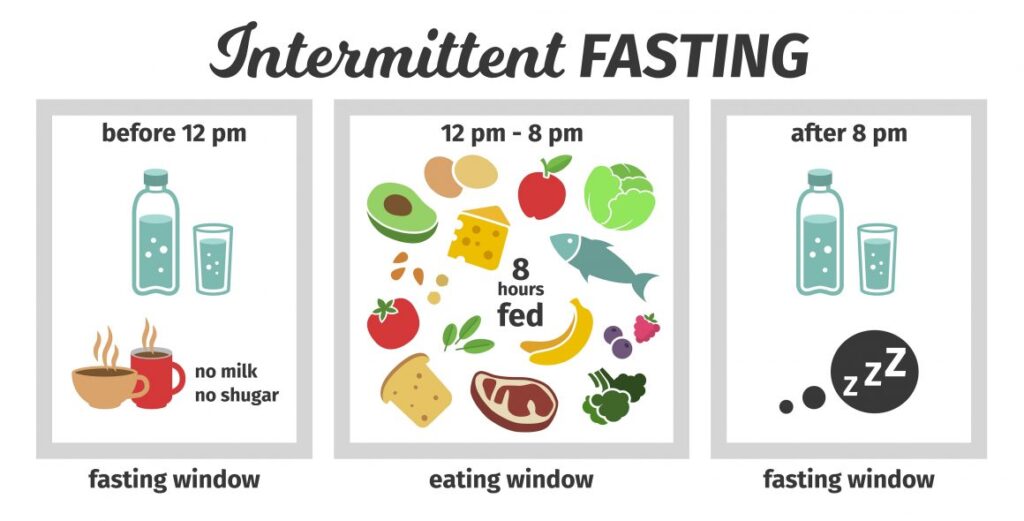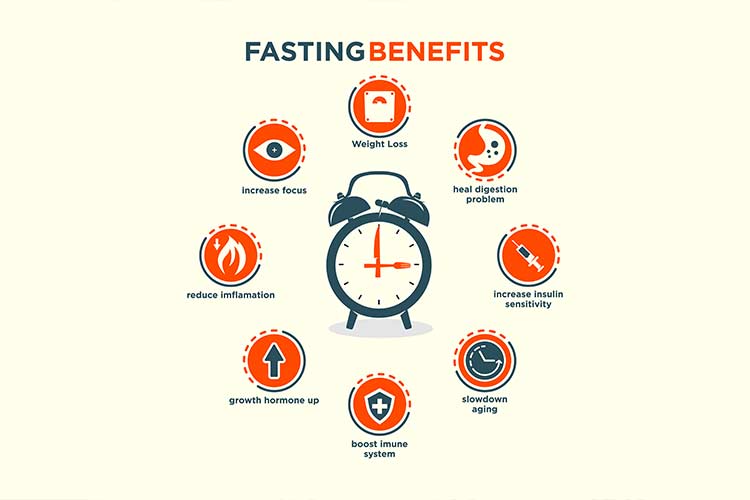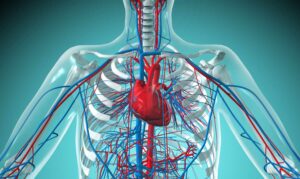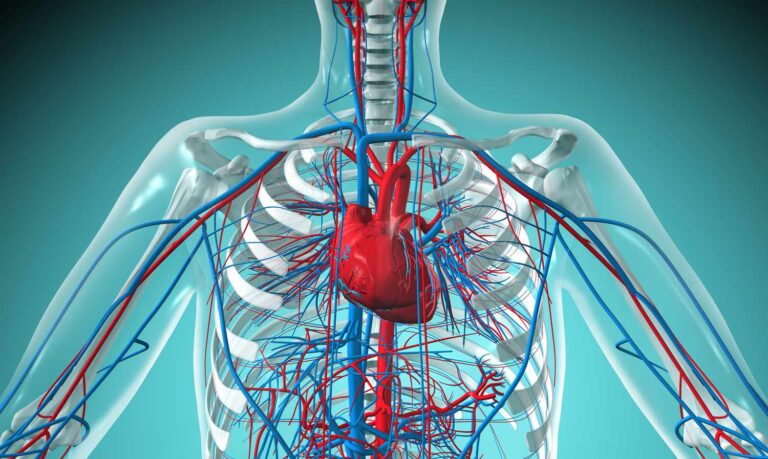Intermittent fasting (IF) has gained immense popularity as a lifestyle choice for weight management, improved health, and even longevity. It’s more than just a diet; it’s a pattern of eating that alternates between periods of fasting and eating. However, before you dive into this practice, there are several crucial aspects you should understand to ensure you embark on this journey safely and effectively.

What is Intermittent Fasting?
Intermittent fasting doesn’t prescribe specific foods; rather, it focuses on when you should eat. There are various methods, but the most common include:
- 16/8 Method: This involves fasting for 16 hours each day and restricting your eating to an 8-hour window. For instance, if you eat from noon to 8 PM, you would fast from 8 PM to noon the next day.
- 5:2 Diet: In this method, you consume a regular diet five days a week and limit calories to about 500-600 for two non-consecutive days.
- Eat-Stop-Eat: This approach entails fasting for 24 hours once or twice a week. For example, you would eat dinner one day and not eat until dinner the next day.
- Alternate-Day Fasting: This method involves alternating between fasting days and regular eating days.
- Warrior Diet: This involves eating small amounts of raw fruits and vegetables during the day and having one large meal at night.

Potential Benefits
- Weight Loss: Many people find that intermittent fasting helps them reduce calorie intake without feeling deprived. By limiting the eating window, you may naturally consume fewer calories.
- Improved Metabolic Health: IF may improve insulin sensitivity, helping to lower blood sugar levels and potentially reduce the risk of type 2 diabetes.
- Heart Health: Some studies suggest that intermittent fasting may lower blood pressure, cholesterol levels, and inflammatory markers, contributing to better heart health.
- Cellular Repair and Longevity: Fasting triggers autophagy, a process where cells remove damaged components, which can enhance cellular repair mechanisms and may even promote longevity.
- Brain Health: Preliminary research indicates that intermittent fasting might support brain health by promoting the production of brain-derived neurotrophic factor (BDNF), a protein that supports neuronal health.

Things to Consider Before You Start
1. Consult a Healthcare Professional
Before making any significant changes to your eating patterns, especially if you have underlying health conditions or are pregnant or breastfeeding, it’s crucial to consult with a healthcare professional. They can provide personalized advice based on your health status and nutritional needs.
2. Start Slowly
If you’re new to fasting, consider starting with a less intense method. For example, you might begin with the 16/8 method and gradually increase the fasting period as your body adjusts. Listen to your body; if you feel dizzy, excessively hungry, or fatigued, it’s essential to reconsider your approach.
3. Stay Hydrated
During fasting periods, it’s important to stay hydrated. Water, herbal teas, and black coffee (without sugar) are typically allowed. Proper hydration can help reduce feelings of hunger and support overall health.
4. Focus on Nutrient-Dense Foods
When you do eat, prioritize whole, nutrient-dense foods. This includes fruits, vegetables, whole grains, lean proteins, and healthy fats. Avoid processed foods, sugary snacks, and excessive amounts of alcohol, which can negate the benefits of fasting.
5. Listen to Your Body
Intermittent fasting may not be suitable for everyone. Pay attention to how your body responds. If you experience negative symptoms such as extreme fatigue, irritability, or headaches, you might need to adjust your fasting schedule or reconsider if IF is right for you.
6. Prepare for Social Situations
Fasting can sometimes interfere with social events or dining out. Plan ahead to navigate these situations. You might choose to fast before a dinner party or opt for a flexible eating window that accommodates your social life.
7. Understand Potential Side Effects
While many people experience positive effects, some might encounter side effects, particularly in the beginning. Common side effects include hunger, fatigue, irritability, and headaches. These symptoms usually diminish as your body adjusts.
8. Track Your Progress
Consider keeping a journal to track your eating patterns, how you feel, and any changes in weight or health. This can help you stay accountable and make necessary adjustments along the way.
Myths and Misconceptions
Myth 1: Intermittent Fasting is a Starvation Diet
While IF involves fasting, it is not the same as starving yourself. It’s a structured approach that can lead to weight loss and health benefits without the negative implications of deprivation.
Myth 2: You Can Eat Anything During Eating Windows
While you can technically eat whatever you want during eating periods, it’s crucial to prioritize healthy foods to maximize the benefits of intermittent fasting. A balanced diet supports overall well-being.
Myth 3: Fasting Slows Your Metabolism
Some people worry that fasting might slow down their metabolism. However, studies show that short-term fasting can boost metabolism by increasing norepinephrine levels, which helps burn fat.
Intermittent fasting can be an effective strategy for weight management and improving health, but it’s essential to approach it thoughtfully. Understand your body, consult with healthcare professionals, and stay flexible with your fasting schedule. Remember, the goal is to create a sustainable lifestyle that promotes health and well-being. By being informed and mindful, you can make the most of your intermittent fasting journey.










One thought on “Intermittent Fasting: What You Need to Know Before You Start”